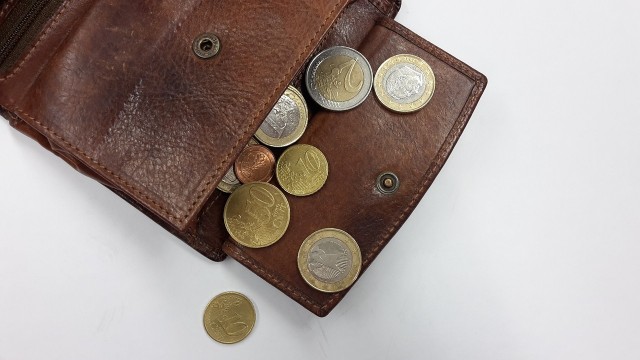Managing your cryptocurrency, including private keys, recovery phrases, and the absence of dispute resolution mechanisms, can be exceedingly perplexing. The complexity amplifies when you factor in the increasing value of your crypto holdings over time, coupled with the irreversible nature of transactions. This concise guide on optimal cryptocurrency storage solutions provides comprehensive insights suitable for both newcomers and seasoned veterans, simplifying the process for all.

Less Secure Means (Exchanges)
Storing your cryptocurrency on exchange platforms like Coinbase, Binance, and others becomes a necessary precaution, particularly when actively engaged in trading. However, the challenge with exchanges lies in their custody of crypto assets for all users, creating a tempting target for hackers.
For instance, in 2019, Binance, then the world’s largest exchange by trading volume, fell victim to a hack resulting in the theft of 7,000 Bitcoins (equivalent to approximately $40 million at the time). Fortunately, Binance had adequate reserves to cover the losses, but not all exchanges shared the same fortune.

Notably, in 2019 alone, cybercriminals targeted exchanges, making off with a staggering $283 million in cryptocurrency, as reported by the prominent Bitcoin resource, Buy Bitcoin Worldwide.
When it comes to trading, if you must store cryptocurrency on exchanges, it’s advisable to limit your holdings to only what you intend to trade—nothing beyond that.
A More Secured Means (Software Wallets)
Opting for software wallets on your desktop or mobile devices presents an alternative for safeguarding your cryptocurrency holdings. With software wallets, concerns about exchange vulnerabilities, mismanagement, or security breaches are mitigated. However, it’s crucial to remember that the security of software wallets is contingent on the safety of your device.
Notable software wallet options encompass Exodus, Jaxx Liberty, Guarda, and Atomic Wallet. These wallets also facilitate asset exchanges directly from within the wallet interface. It’s worth noting that transaction fees within software wallets are typically higher compared to centralized exchange services. For instance, platforms like Exodus even allow you to execute asset trades seamlessly within the wallet itself.
The Most Secure Means (Hard Wallets)
Hardware wallets stand out as the most secure method for safeguarding your cryptocurrency holdings. Their impeccable security stems from the fact that your private keys, the keys that grant access to your crypto assets, are physically incapable of leaving the confines of the hardware wallet due to their design. Additionally, hardware wallets necessitate transaction confirmation directly on the device, adding an extra layer of protection before transactions are propagated to the blockchain.

The Safest Means of Storing Your Cryptocurrency
However, it’s important to note that hardware wallets are better suited for long-term asset storage than active trading. Unless you plan to employ your hardware wallet in conjunction with certain exchanges (typically decentralized exchanges, or DEXes) or services that facilitate trading with hardware wallets, you’ll need to initiate asset transfers from your hardware wallet to another platform before engaging in trading activities.
Another consideration is the cost associated with hardware wallets. Nevertheless, if the total value of your cryptocurrency assets surpasses the cost of a hardware wallet (usually starting at $55 for an entry-level model like the Trezor One), investing in one is a prudent decision to ensure the security of your funds.
Additional Tips: Multisignature Wallets
Another method of securely storing your cryptocurrency involves employing a multi-signature wallet. As the name implies, multi-signature wallets mandate the involvement of more than one authorized signature to approve transactions.
For instance, in a scenario where you and a business partner jointly manage cryptocurrency funds, you can establish a multi-signature wallet that mandates a 2/2 signature requirement for transaction validation.
However, it’s crucial to recognize that multi-signature wallets come with certain inconveniences and may not be well-suited for routine, everyday use. They find greater utility in situations such as treasury funds, where multiple stakeholders must collectively authorize transactions.
Noteworthy multi-signature wallet options encompass Electrum and Armory. Electrum, in particular, empowers you to create multi-signature wallets with hardware wallets serving as cosigners, enhancing the security of your cryptocurrency holdings.
Conclusion
Effectively securing your cryptocurrency holdings may feel like uncharted territory, as it necessitates a complete reevaluation of your approach to financial management. Hopefully, this brief guide has bridged some of the informational gaps or provided you with a swift recap of the best practices to ensure your cryptocurrency is stored safely and securely.















